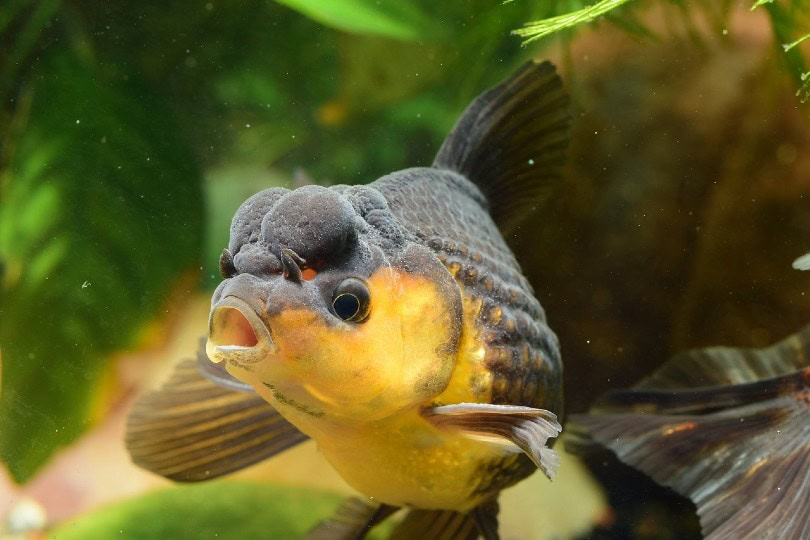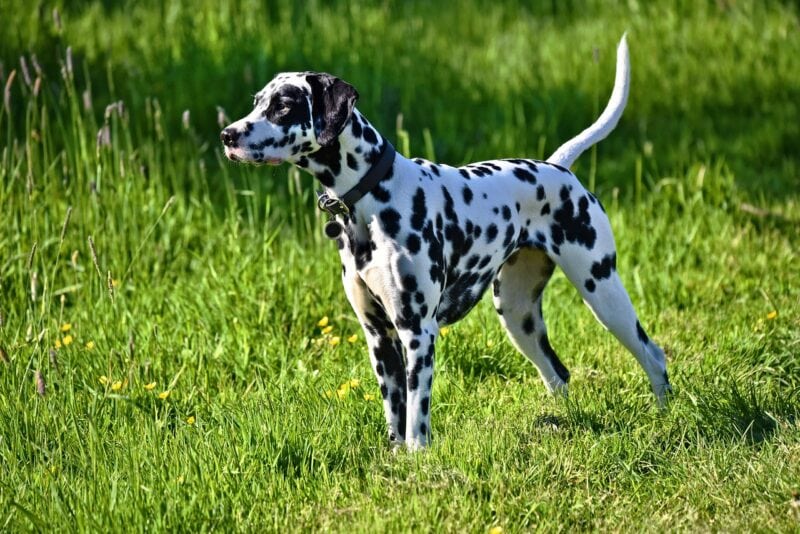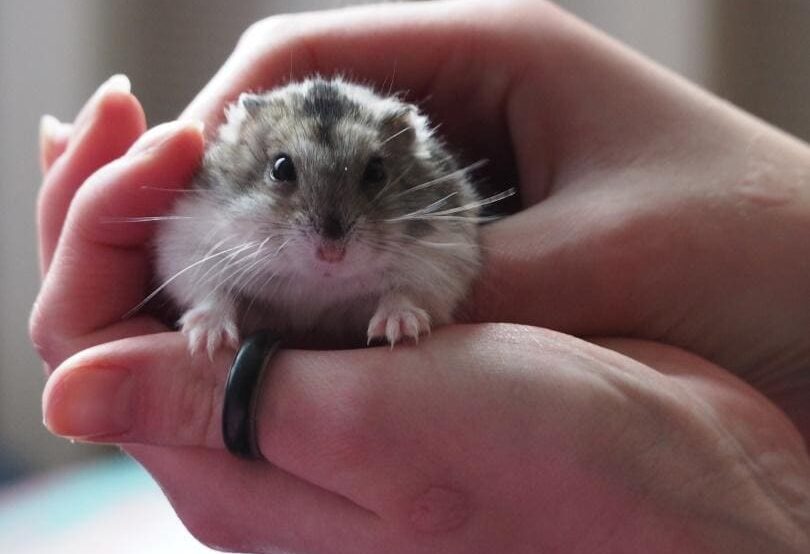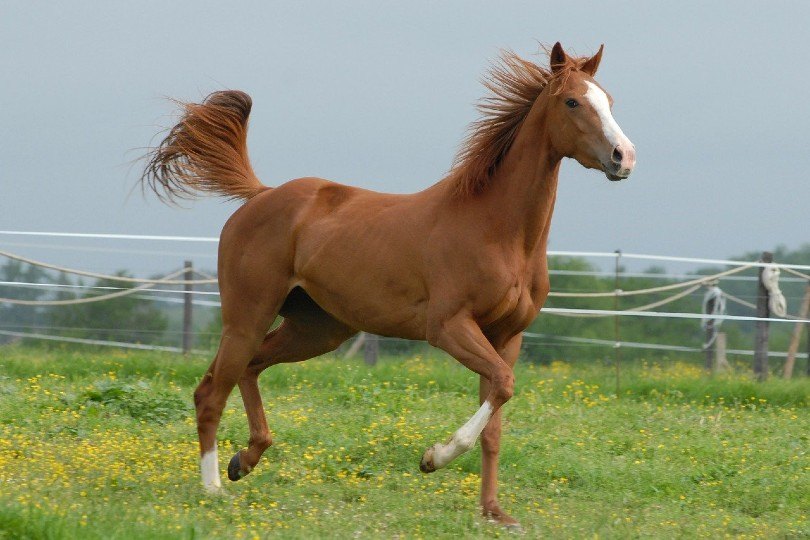VET APPROVED

The information is current and up-to-date in accordance with the latest veterinarian research.
Learn more »Click to Skip Ahead
Sneezing and coughing are normal behaviors in humans, and some lung-breathing animals do to expel irritants from the lungs or nasal passages. Since fish do not have lungs and rely on breathing through gills instead, fish do not sneeze and cough. This is because they are physically unable to do this as their bodily anatomy does not allow it.
However, fish can make movements with their mouths that look similar to cough or sneezing, but they are not the same. This article will explain why.

Can Fish Cough?
No, fish cannot cough. This is due to their lack of lungs and the respiratory system that we as humans have. When we have an irritant in our throats or lungs such as phlegm or air pollutants, one of our body reflexes is to cough to expel the irritant. For a person to cough, our body would need to go through several steps.
This includes expanding the vocal cords, diaphragmatic and thoracic muscles to pass air through the lungs, closing the windpipe, and contracting your abdominal muscles. The cough can help to clear your throat and lungs, which is not something that fish need to do.
Fish also lack the anatomy necessary to cough, and they have a different respiratory system than humans. There is no need for fish to cough, although they may try to expel irritants or objects stuck in their mouths by shaking their heads or opening and closing their mouth.
These are usually signs that a fish could be choking, and not that they are coughing. Fish will also try to dislodge gravel, plants, or food that has gotten lodged in their mouths by opening and closing their mouths, but this is not the same thing as coughing.

Do Fish Sneeze?
No, just like fish cannot cough, they can’t sneeze either. There is no reason for fish to sneeze since they do not need to get rid of pollutants or irritants from their lungs or nasal passages. Although fish do have two nostrils, these are used for sensing and smelling molecules in the water, and not for breathing.1
Fish do not breathe out of their nostrils, and instead, use gills to breathe underwater. When a fish takes in water into the nasal cavities, the olfactory sacs help the fish analyze the different scents in the water. This is useful for the fish as it allows them to detect other fish, potential mates, predators, and most importantly food. Even if water with an irritant does pass through the fish’s nasal cavities, they will not sneeze to expel it.
Why Can’t Fish Sneeze or Cough?
The simple answer as to why fish cannot sneeze or cough is because they do not have lungs. They do not need to expel things from their lungs or nose by coughing or sneezing, nor could they if they tried.
Fish have very different respiratory systems than humans and lung-breathing animals do. Fish do not breathe with lungs or a pulmonary system, instead, they breathe with gills. Both lungs and gills have the same function though—to allow for gaseous exchange. The fish’s gills consist of many filaments containing blood vessels that enable the fish to breathe in dissolved oxygen in the water. To do this, the fish needs to open and close their mouths to take in water. The water will then pass over a large surface of the fish’s gills that contains filaments with thousands of blood vessels. The absorbed oxygen from the water will then diffuse into the fish’s bloodstream, allowing them to breathe in oxygen, and release carbon dioxide back into the water.
If you have noticed your fish’s mouth opening and closing at times while they swim about in their aquarium, they are “breathing”. Some of their mouth movements may be slow at times and difficult to notice. This is especially true if the fish is resting. When your fish does begin to move around more and open and close their mouths more visibly, it can appear as if they are coughing.
Fish may also forage through the substrate and spit out any substrate or food they have found. However, this is not your fish coughing. Instead, your fish is tasting different objects in the water to decide which ones are edible. They may also spit out large pieces of food so that they can chew it easier.
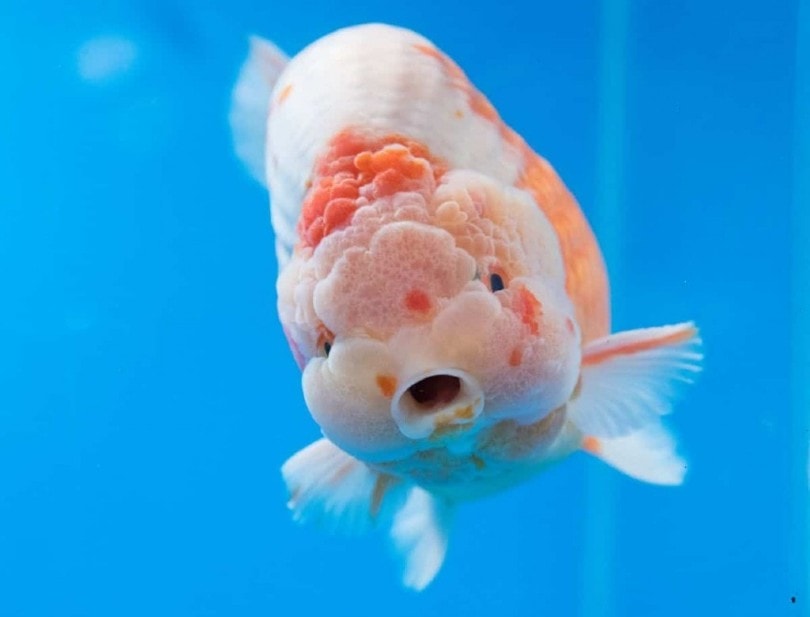
Do Fish Cough Up Water or Air Bubbles?
If you have noticed your fish gulping air from the surface of the water and expelling bubbles, you might be surprised to find that they are not coughing. When this happens, the gas bubbles produced from the fish’s mouth are likely just gas bubbles that naturally occur when your fish is opening and closing their mouth at the surface or in other parts of the tank. These bubbles will not be from your fish coughing or sneezing, even if it may appear that way.
Keep in mind that if you see a fish gulping near the surface of the water, this is an indication that the water quality needs to be restored and the fish is struggling. Likely, the oxygen concentration in the water is low, and the pH temperature or excessive levels of ammonia or nitrites might be the cause of this behavior.
Can Lungfish Cough and Sneeze?
Even though lungfish have evolved to have lungs from their swim bladder organ for breathing air, they still do not breathe or sneeze. This allows lungfish to have both lungs and gills to breathe in an aquatic environment. Even though they have lungs that are connected to their larynx and pharynx without a trachea, their respiratory system is different than the one needed for sneezing and coughing to be a natural bodily reflex.
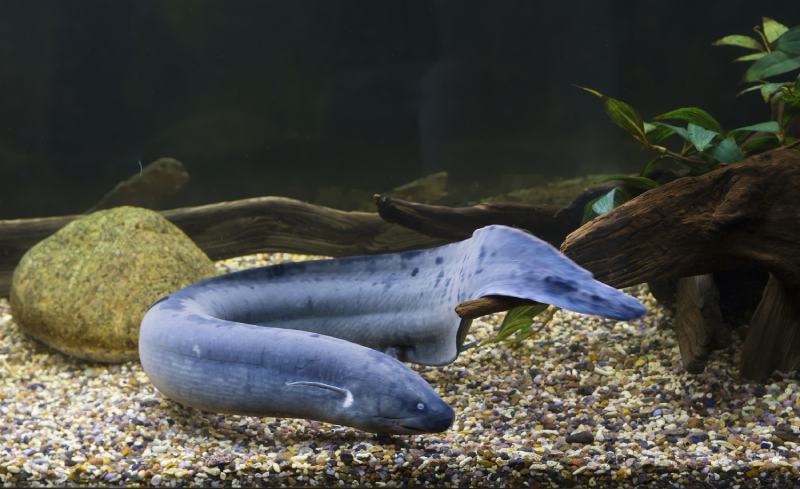

Summary
Unlike humans or other animals like dogs, fish cannot sneeze and cough. However, that doesn’t mean fish don’t have a respiratory system. Fish breathe through their gills and use their nostrils to detect scent molecules in the water. They do not need to breathe in air and expel irritants, and it is not one of their body’s natural reflexes.
If a fish looks like they are gulping air near the surface, this is usually an indication of water quality issues and needs to be addressed.
Featured Image Credit: Juan Carlos Palau Díaz, Pixabay
